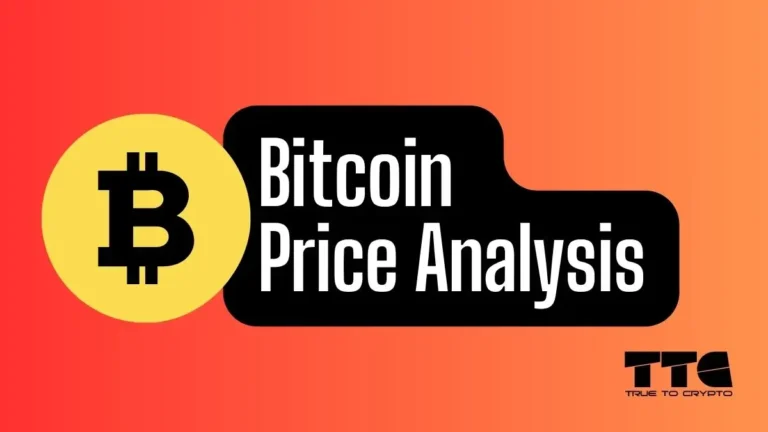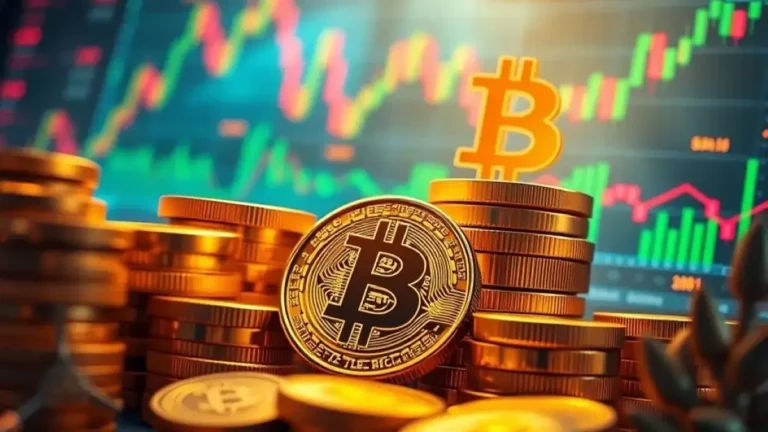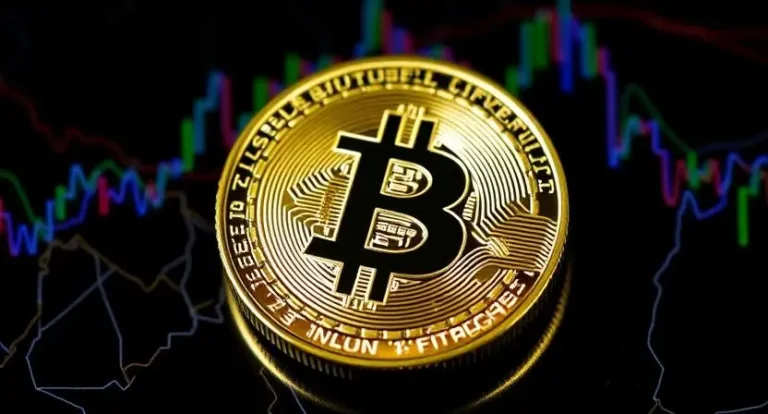Kristin Smith, a prominent figure in cryptocurrency advocacy, will step down as CEO of the Blockchain Association, a leading Washington, D.C.-based trade group, to take the helm of the newly formed Solana Policy Institute. The transition, announced on April 1, 2025, sees Smith departing her current role on May 16 after nearly seven years of leadership, with her new position as president of the Solana-focused organization beginning May 19. Smith’s move underscores a shifting landscape where blockchain networks like Solana—currently valued at $126 per token—are ramping up policy efforts amid growing regulatory scrutiny.
Smith has been a cornerstone of the Blockchain Association since its inception in 2018, steering it from a fledgling coalition of crypto pioneers to a powerhouse representing over 125 companies, including Coinbase, Ripple Labs, and a16z Crypto. Under her tenure, the group’s staff grew to 17, and its influence in Washington surged, notably through lawsuits against the IRS over broker reporting rules and vocal opposition to the SEC’s enforcement-heavy approach under former Chair Gary Gensler. “I’m proud of building a robust advocacy platform,” Smith said in a statement, expressing confidence in the association’s future as its board searches for her successor.
Her exit coincides with a pivotal moment for crypto policy. The U.S. government, bolstered by President Trump’s pro-crypto stance—evidenced by his March 6 Bitcoin reserve order and the March 31 launch of Hut 8’s American Bitcoin Corp.—is warming to digital assets. Stablecoin legislation and market structure bills are expected by August, per industry insiders, following a shift from Gensler’s tenure to a more crypto-friendly Congress. Smith’s move to Solana, the sixth-largest blockchain by market cap at $56 billion, aligns with this momentum, aiming to carve out a distinct regulatory voice for a network known for its high-speed transactions and $1.8 trillion in 2024 stablecoin volume.
The Solana Policy Institute, launched March 31 as a non-partisan nonprofit, seeks to educate U.S. policymakers on Solana’s ecosystem, which powers applications from DeFi to real estate deals in Japan via USDC and XRP. Miller Whitehouse-Levine, former CEO of the DeFi Education Fund, heads the institute as CEO, with Smith as president. “Policymakers often equate crypto with Bitcoin alone,” Whitehouse-Levine told The Block, emphasizing Solana’s broader utility. Smith’s Capitol Hill experience—over a decade as a Senate aide and deputy chief of staff to Rep. Denny Rehberg—positions her to bridge this gap, leveraging her Blockchain Association playbook of stakeholder engagement and strategic litigation.
Smith’s tenure at the association was marked by milestones. Membership swelled from a handful of firms to a roster including Paradigm and Chainlink Labs, reflecting crypto’s rising clout. The group’s 2024 lawsuit against the IRS challenged tax rules burdening brokers, while its critique of Gensler’s SEC racked up legal wins, like the dismissal of a sanction last month. Her departure leaves a void—her successor’s identity remains undisclosed—but also signals Solana’s intent to amplify its Washington presence as Ethereum logs four red months ($2,630) and Bitcoin dominates at 58% market share.
Solana’s policy push comes as the network thrives. Its token, SOL, holds steady at $126 despite Q1’s altcoin slump, with 2024 transaction volume hitting $2.5 trillion, per Solscan. The institute’s funding remains opaque—Whitehouse-Levine cited “broad Solana ecosystem support”—but its timing leverages Trump’s crypto-friendly administration and Circle’s $4-5 billion IPO filing this week for USDC, a MiCA-compliant stablecoin integral to Solana’s growth. “This is about clarity for innovators,” Smith told CoinDesk, echoing her Blockchain Association mantra.
The crypto market backdrop is mixed. Bitcoin’s 12.7% Q1 drop—its worst since 2019—pairs with veteran accumulation (20,600 BTC in a day), per Glassnode, while Ethereum’s ETH/BTC ratio nears a bottom at 0.0323. OpenAI’s $40B raise lifts AI tokens, and Gate.io’s Red Bull F1 deal ties crypto to sports, yet regulatory headwinds persist. South Korea’s ban on 17 exchanges this week targets $19.3 billion in illicit flows, and Europe’s MiCA rules forced Binance to halt USDT trading on March 31. Solana, with its 500,000 daily active users and $92 billion DeFi TVL, aims to navigate this maze under Smith’s leadership.
Smith’s move isn’t without risks. The Blockchain Association’s growth relied on her vision—its absence could slow momentum, especially as the IRS lawsuit pends. Solana’s institute, while ambitious, enters a crowded field; Ethereum and Bitcoin advocacy groups like the Digital Chamber already wield influence. Solana’s 2022 outage history—five incidents—also lingers, though its 2024 uptime nears 100%, per Solana Beach. “Smith’s regulatory savvy could be Solana’s edge,” an X analyst posted, but success hinges on translating her D.C. clout to a single blockchain’s cause.
For Solana, Smith’s arrival signals intent. Its $56 billion market cap trails Ethereum’s $316 billion, yet its 4,000 transactions per second dwarf ETH’s 15, per Etherscan. The institute aims to push policies favoring scalability and adoption, potentially influencing stablecoin bills or DeFi rules. Circle’s IPO and Fidelity’s BTC optimism frame a maturing sector—Smith’s exit from a broad advocacy role to a focused one mirrors this shift. As she departs May 16, her legacy at the Blockchain Association endures, but her Solana chapter could redefine crypto’s policy frontier.
Disclaimer: The information provided on or accessed through TrueToCrypto.com (the “Website”) is for general informational purposes only and is obtained from independent sources that are believed to be reliable. However, TrueToCrypto.com, its owners, affiliates, officers, employees, and agents (collectively, “We,” “Us,” or “Our”) make no representations or warranties, express or implied, as to the accuracy, completeness, timeliness, reliability, or suitability of the information contained on or accessed through this Website. Further read Disclaimer.








